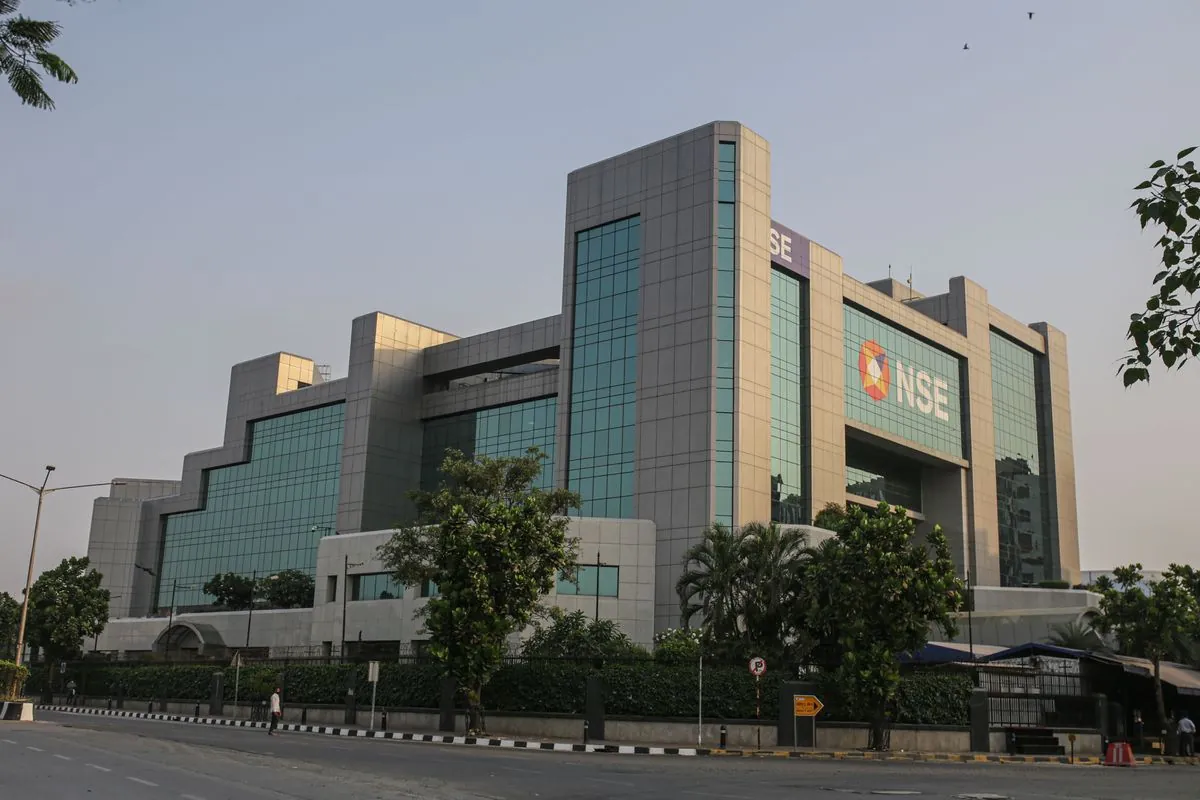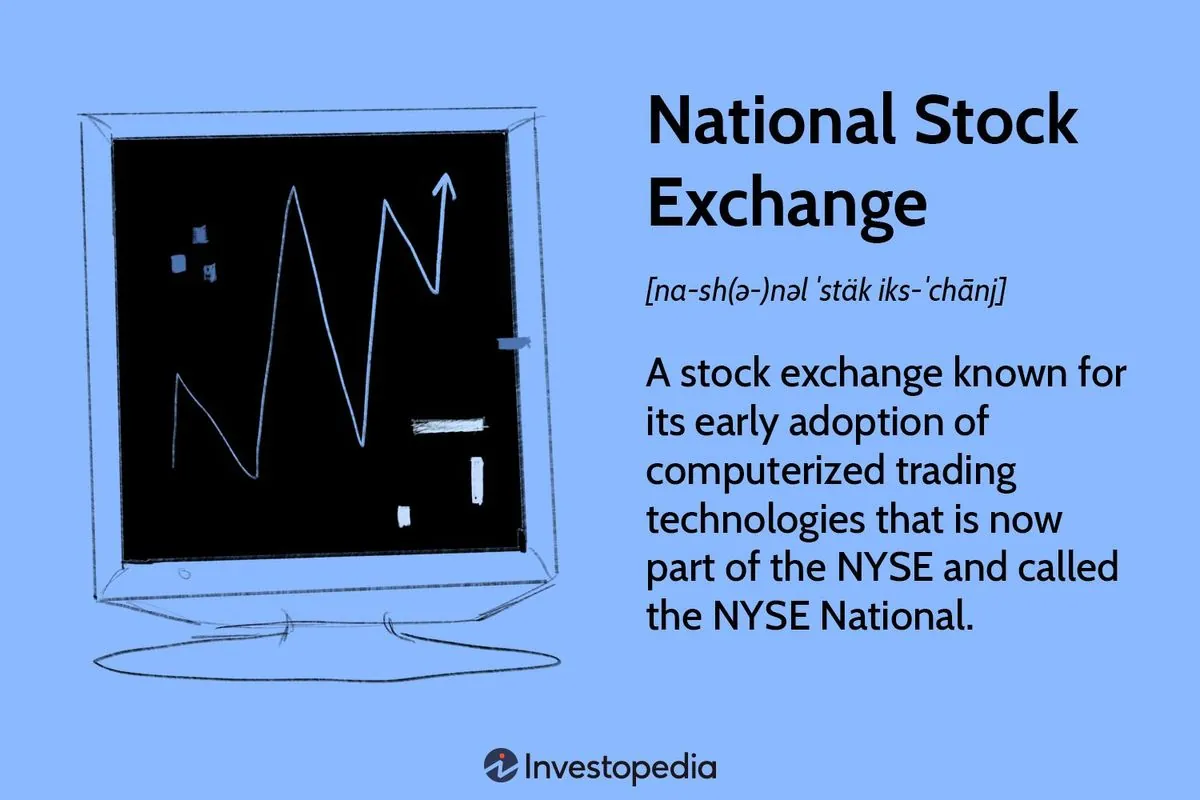India's NSE Revives IPO Plans, Seeks Regulatory Approval
India's National Stock Exchange reinitiates its IPO process, potentially one of the country's largest. The move follows regulatory hurdles and aims to provide an exit for existing shareholders.

The National Stock Exchange of India (NSE) has rekindled its initial public offering (IPO) aspirations, marking a significant development in India's financial landscape. On August 27, 2024, the exchange reapplied for regulatory approval from the Securities and Exchange Board of India (SEBI), potentially paving the way for one of the country's most substantial public offerings.
This move comes after a series of regulatory challenges that have delayed NSE's listing plans since 2016. The exchange, which began operations in 1994, has grown to become a cornerstone of India's financial markets. As the world's largest derivatives exchange by volume since 2019, NSE's potential IPO has garnered considerable attention from investors and market observers alike.
The proposed offering could see NSE offloading approximately 10% of its shares, with an estimated value of $3.2 billion. This valuation is based on the exchange's current "grey market" worth of 2.7 trillion Indian rupees ($32.18 billion). The IPO would provide an exit opportunity for existing shareholders, including Life Insurance Corporation of India, State Bank of India, Canada Pension Plan Investment Board, and funds managed by Tiger Global and Morgan Stanley.
NSE's financial performance has been robust, with the exchange reporting a 39% year-on-year growth in consolidated profits for the quarter ending June 2024, reaching 25.67 billion Indian rupees. This growth has been largely driven by India's thriving options trading market, showcasing the exchange's pivotal role in the country's financial ecosystem.

The exchange's journey to this point has been marked by innovation and technological advancements. NSE introduced the first electronic, screen-based trading system in India, revolutionizing the country's financial markets. Its flagship index, the NIFTY 50, launched in 1996, now represents about 67% of the free-float market capitalization of all NSE listed stocks.
NSE's technological prowess extends beyond India's borders, with its systems being exported to several emerging markets. The exchange operates a fully automated trading system called NEAT and was a pioneer in introducing internet trading in 2000, significantly enhancing retail investor access to the markets.
However, the path to NSE's public listing has not been without obstacles. In April 2019, SEBI imposed a substantial fine of 11 billion rupees on the exchange for issues related to equitable access for its trading members. This regulatory action led to the return of NSE's initial listing documents and a prolonged delay in its IPO plans.
"We have reapplied for the 'no-objection' certificate from SEBI, addressing all previous concerns and regulatory issues. Our goal is to provide transparency and value to our stakeholders through this public offering."
As of August 2024, NSE has over 2,000 listed companies and a market capitalization exceeding $3 trillion. The exchange's unique satellite communications network, connecting over 3,000 VSAT terminals, underscores its technological edge and nationwide reach.
The revival of NSE's IPO plans comes at a time when the exchange is actively working to resolve pending legal and regulatory matters. Earlier in 2024, NSE management reportedly approached SEBI to settle all outstanding issues, demonstrating the exchange's commitment to clearing the path for its public listing.
As India's financial markets continue to evolve, NSE's potential IPO represents a significant milestone. It not only offers an opportunity for investors to participate in the growth of one of the world's leading exchanges but also reinforces India's position in the global financial landscape.


































